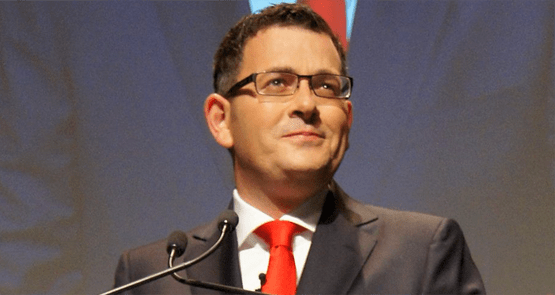
Infrastructure Victoria released its draft report on Tuesday, Victoria’s draft 30-year infrastructure strategy, with its evaluation of 130 plus projects. This is an important event because the hope is referring long-range planning to a statutory authority will help build consensus around infrastructure priorities.
There’s a host of recommendations in the report but, says Infrastructure Victoria, if it had to nominate the top three most important actions for government to take in the short to medium term, it would choose:
- Increasing densities in established areas to make better use of existing infrastructure;
- Introducing a comprehensive transport pricing regime to manage demands on the network; and
- Investing in social and affordable housing for vulnerable Victorians to significantly increase supply.
Excellent work; those should be in any list of top priorities. They highlight three things that those who usually push for this new rail line or that new road usually ignore. First, there are forces in play that are more strategic than any particular “steel and concrete” project; second, the investment choices open to government are inter-linked; and third, the demand for infrastructure funding runs across all portfolios.
However within hours of the draft report being released, Premier Daniel Andrews ruled out imposing charges on existing roads. That immediately splashed cold water on the report because as The Age reported, “The creation of Infrastructure Victoria was an election commitment, which the Andrews government said would ‘take short term politics out of infrastructure planning’.”
But Andrews wasn’t the only one. Greens leader Greg Barber also reacted to Infrastructure Victoria’s damning assessment of the Doncaster heavy rail line promised by his party at the 2014 election. Here’s what the arm’s-length adviser says about this project:
“The economic analysis found that the BCR for Doncaster Hill heavy rail line is very low, at 0.1 – 0.2 with WEBs included. Low total project benefits in present value terms of approximately $500 million are the main driver for this result, particularly given the total costs are $3.1 billion to $4.3 billion in present value terms (discounted to 2025 at 7 per cent per annum). This suggests that the current bus service operating in the Doncaster area is performing well, and that adding a rail connection is not economically viable.”
Barber says the low BCR is “due mainly to them cutting and pasting the previous study, also designed to kill the project”. That doesn’t sound like someone who’s willing to accept reality (seriously, a benefit-cost ratio of 0.1 -0.2?!), much less willing to listen to the advice of the new independent adviser.
It was always a fond hope, of course, that the politics could be taken out of infrastructure planning. After all, the state is governed by elected politicians, not a board of senior business identities and bureaucrats. But it’s very disappointing that the Premier of Victoria, with an eye very much on the politics, killed such an enormously important idea as road pricing before Victorians even started considering the draft report.
Hopefully politicians will at least accord Infrastructure Victoria a legitimate role in assessing the economic value of particular projects. The state urgently needs some separation from a political process that’s so bankrupt even vapid ideas like Doncaster rail get taken seriously.
And hopefully other boosters of this project, who include the opposition and the Public Transport Users Association, will consider the evidence and review their position. They should contemplate what is is about their organisational culture that led them to actively support such a donkey.
*This article was originally published on Crikey blog The Urbanist








Crikey is committed to hosting lively discussions. Help us keep the conversation useful, interesting and welcoming. We aim to publish comments quickly in the interest of promoting robust conversation, but we’re a small team and we deploy filters to protect against legal risk. Occasionally your comment may be held up while we review, but we’re working as fast as we can to keep the conversation rolling.
The Crikey comment section is members-only content. Please subscribe to leave a comment.
The Crikey comment section is members-only content. Please login to leave a comment.